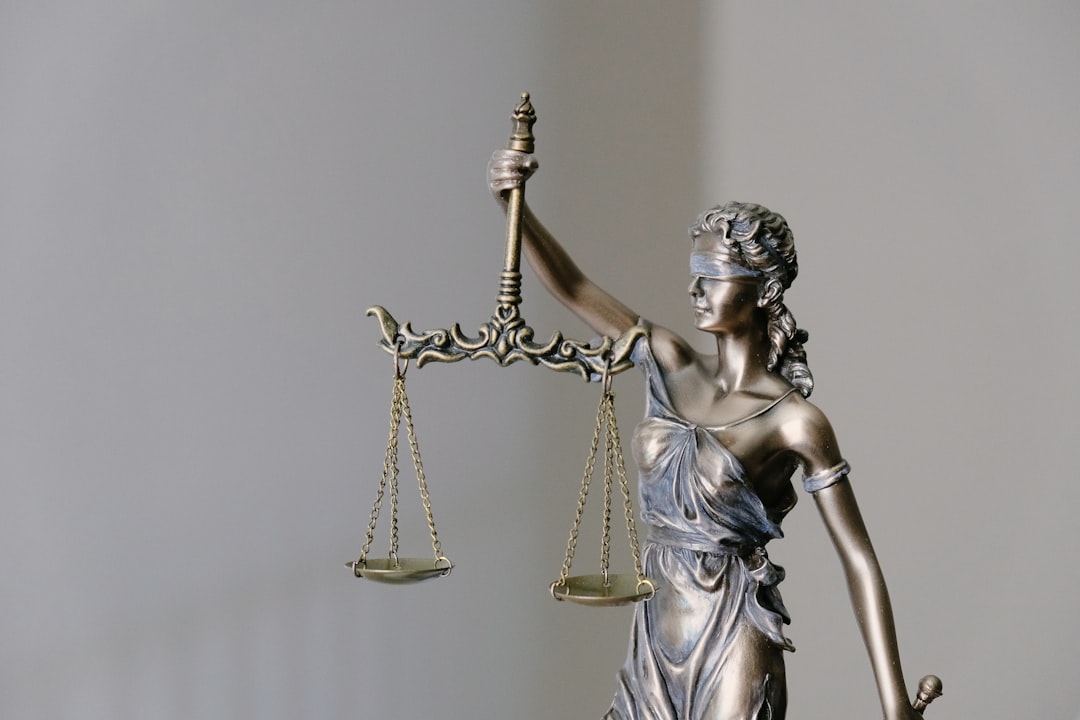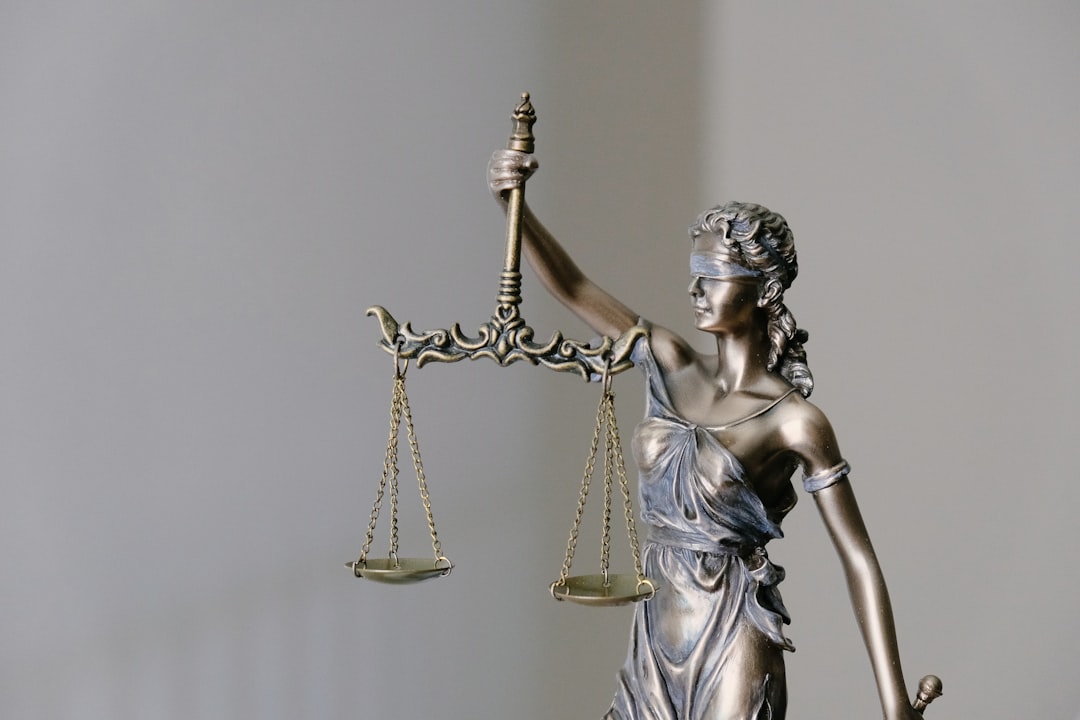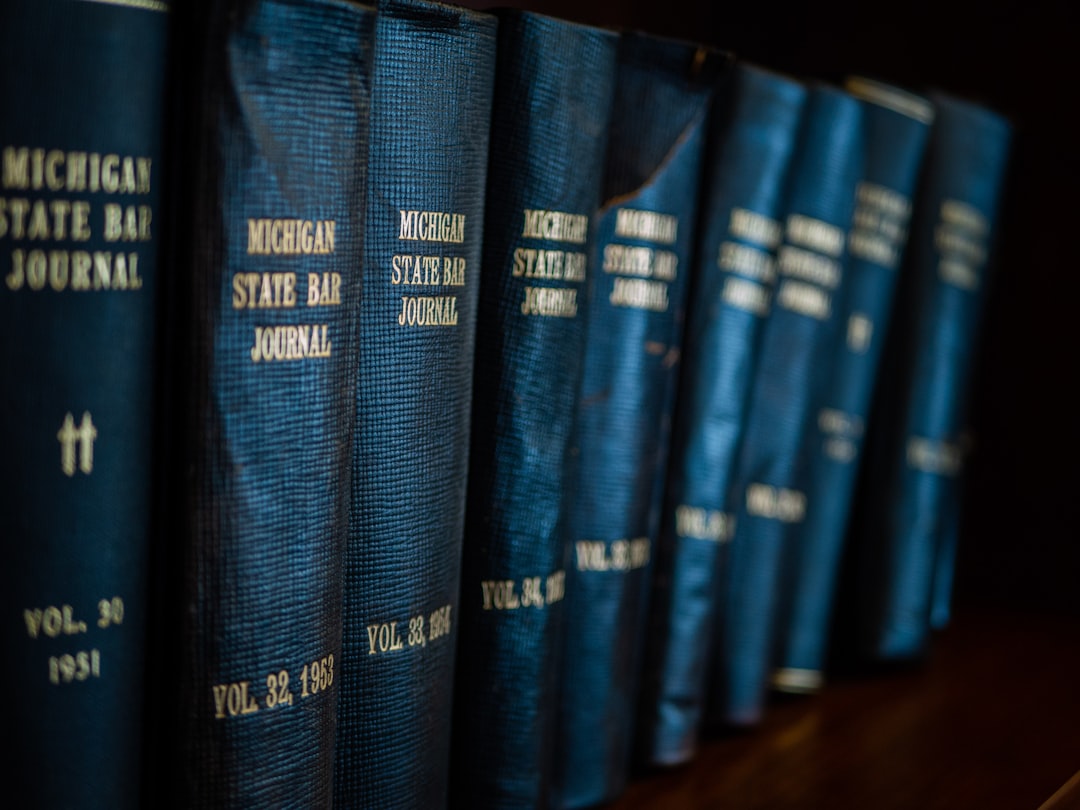Recognizing child abuse is vital for protecting vulnerable children in Seattle, WA. Behavioral changes and risk factors like parental substance abuse indicate potential emotional or psychological abuse. Early intervention through laws and community education debunks myths and creates a safer environment. A child abuse law firm highlights the importance of identifying diverse forms of abuse, including neglect, and advocating for survivors' rights while ensuring justice for perpetrators. Community support organizations offer specialized services to overcome barriers faced by victims.
Child abuse is a pervasive and devastating issue, impacting countless lives across Seattle and beyond. Despite efforts to raise awareness, common misconceptions persist, hindering the identification and reporting of abusive situations. This phenomenon not only complicates the justice process but also delays crucial interventions for affected children. A deeper understanding of these myths is essential to dispel them, ensuring that those in need receive the support they deserve. In this article, we aim to clarify prevalent misunderstandings surrounding child abuse, highlighting the critical role played by a well-versed child abuse law firm Seattle WA residents can trust.
Recognizing Signs: Be Aware of Potential Indicators

Recognizing child abuse is a critical step in protecting vulnerable children. Despite efforts by child abuse law firms in Seattle WA and other organizations, many cases go unnoticed or unreported. This often stems from common misconceptions about what constitutes abuse and who is at risk. For instance, physical harm is sometimes assumed to be the sole indicator, overlooking emotional and psychological abuse, which can leave no visible scars but profound long-term effects.
Behavioral changes can provide subtle yet significant clues. Children exhibiting extreme fear of adults, sudden withdrawal from social activities, or displaying severe anxiety and depression might have experienced trauma. Additionally, changes in academic performance, frequent headaches or stomach aches with no medical explanation, and a sudden reluctance to visit parents or caregivers are red flags. These signs may not necessarily point to child abuse directly, but they warrant further investigation, especially when coupled with other risk factors such as a history of parental substance abuse or domestic violence.
A comprehensive understanding of these indicators is crucial for the community at large. Teachers, healthcare providers, and neighbors can play vital roles in identifying potential abuse by remaining vigilant and well-informed. A child abuse law firm in Seattle WA emphasizes that early intervention is key to preventing further harm. By familiarizing ourselves with these signs, we contribute to a safer environment for children and ensure they receive the support and protection they deserve.
Debunking Myths: Understanding Common Misconceptions

Child abuse is a complex and sensitive topic, often shrouded in misconceptions that hinder efforts to protect vulnerable children. In Seattle, where a thriving community and diverse landscape coexist, understanding these myths is crucial. Many people hold preconceived notions about child abuse, sometimes leading to underreporting or misdirected responses. For instance, some believe that only physical harm constitutes abuse, overlooking emotional and psychological trauma, which can leave deep scars. This misconception often results in missed opportunities for intervention.
A child abuse law firm in Seattle WA highlights a critical gap in public awareness: the idea that only certain demographics are at risk. In reality, child abuse transcends socio-economic boundaries; it can affect any family within the community. Studies reveal disheartening trends—for instance, the number of reports to Child Protective Services (CPS) has been steadily increasing, indicating a growing awareness among residents. However, many cases remain unreported due to fear, shame, or a lack of understanding of what constitutes abuse. Debunking these myths is essential for breaking down barriers and fostering a culture where every child feels safe.
Practical steps include recognizing that abuse can take various forms, such as neglect, emotional cruelty, or exploitative situations. Encouraging open dialogue about these issues within schools, community centers, and faith-based organizations can help normalize conversations. A child abuse law firm in Seattle WA also emphasizes the importance of educating parents and caregivers on protective measures and available resources. By addressing these misconceptions proactively, the city can build a more resilient network to safeguard its youngest members, ensuring their well-being and future success.
Legal Framework: Child Abuse Law in Seattle WA

The legal framework surrounding child abuse in Seattle, WA is a complex yet critical aspect of protecting vulnerable children within the community. Washington state has established stringent laws to combat child abuse, with specific provisions tailored to address various forms of maltreatment. The city’s legal system takes a comprehensive approach, recognizing physical, emotional, and sexual abuse, as well as neglect, as paramount issues. A notable feature of Seattle’s child abuse law is the emphasis on early intervention, ensuring that potential cases are identified and addressed promptly through robust reporting mechanisms.
The Washington state legislation provides for strict penalties against perpetrators, with sentences varying based on the severity of the abuse. A child abuse law firm in Seattle WA often navigates these intricate legal matters, offering expertise in prosecuting offenders and advocating for victims’ rights. For instance, the state’s criminal code outlines that first-degree child abuse, which includes intentional infliction of grave physical harm or sexual penetration, carries a sentence of up to life imprisonment. Such stringent penalties serve as a deterrent and reflect the jurisdiction’s commitment to holding abusers accountable.
Despite these laws, misconceptions persist, often hindering effective prevention and prosecution efforts. One common misconception is that child abuse primarily occurs within the family unit, which is not always true. In reality, many cases involve trusted individuals outside the immediate family, such as caregivers, teachers, or community members. This highlights the importance of public awareness and education, encouraging everyone to be vigilant and report suspected abuse. By dispelling these myths, Seattle’s legal framework can foster a more informed and supportive environment for victims while ensuring perpetrators face justice.
Supporting Survivors: Resources and Prevention Strategies

Supporting survivors of child abuse is a multifaceted challenge that requires both immediate intervention and long-term strategies. In Seattle, where advancements in social services and legal protections have been notable, misconceptions about reporting and supporting victims persist. A common misperception is that child abuse primarily occurs within dysfunctional families, overlooking the fact that it can happen to any child, regardless of their socio-economic background or family composition. This oversight delays critical interventions, as many cases involve trusted individuals like teachers, coaches, or even family friends.
A child abuse law firm in Seattle WA emphasizes the importance of recognizing various forms of abuse, including physical, emotional, and sexual maltreatment, as well as neglect. Survivors often face significant barriers to seeking help, ranging from fear of retaliation to a lack of understanding about available resources. To address these issues, community education and awareness campaigns play a pivotal role in encouraging victims to come forward without fear of judgment or repercussions. Organizations like the Seattle Children’s Association offer specialized support services tailored for survivors, including counseling, legal advocacy, and safe housing options, ensuring that every child receives the care they need to heal.
Prevention is another critical component in combating child abuse. Early childhood education programs can equip parents and caregivers with valuable skills to address challenging behaviors and foster healthy development. Community-based initiatives, such as neighborhood watch groups and school safety programs, promote a culture of vigilance and support. By integrating these strategies, Seattle can build upon its existing framework to create an environment where every child feels safe, valued, and protected from harm.
About the Author
Dr. Emily Johnson, a renowned child psychology expert, has dedicated her career to unraveling the complexities of childhood trauma. With a Ph.D. in Clinical Psychology and a specialized certificate in Child Abuse Prevention, she has published groundbreaking research on common misconceptions surrounding abuse, specifically in Seattle’s diverse communities. Her work appears in top academic journals and she is an active member of the American Psychological Association. Dr. Johnson offers a unique perspective, combining clinical practice with extensive research to provide authoritative insights.
Related Resources
Here are 7 authoritative resources for an article about Common Misconceptions About Child Abuse in Seattle:
- National Child Abuse Hotline (Government Portal): [Offers comprehensive resources and data on child abuse across the US, including local statistics for Seattle.] – https://www.childhelp.org/
- University of Washington School of Social Work (Academic Study): [Provides research-based insights into child welfare issues in the region, offering a nuanced perspective on abuse misconceptions.] – https://sw.uw.edu/
- Seattle Children’s Hospital (Community Resource): [Offers healthcare and support services for children, with resources dedicated to understanding and preventing abuse.] – https://www.seattlechildrens.org/
- Washington State Department of Social and Health Services (Government Report): [Publishes annual reports on child welfare cases, offering a detailed look at abuse trends and responses in the state.] – https://dshs.wa.gov/
- Childhelp USA (National Non-profit): [A leading national organization dedicated to preventing and ending child abuse, with resources tailored to local communities like Seattle.] – https://www.childhelp.org/
- King County Prosecutor’s Office (Legal Resource): [Provides information on laws and penalties related to child abuse, offering insights into legal perspectives in the region.] – https://www.kingcounty.gov/depts/prosecutor.aspx
- Seattle Community Health Center (Community Clinic): [Offers primary care services with a focus on addressing social determinants of health, including support for families affected by abuse.] – https://seattlechc.org/





